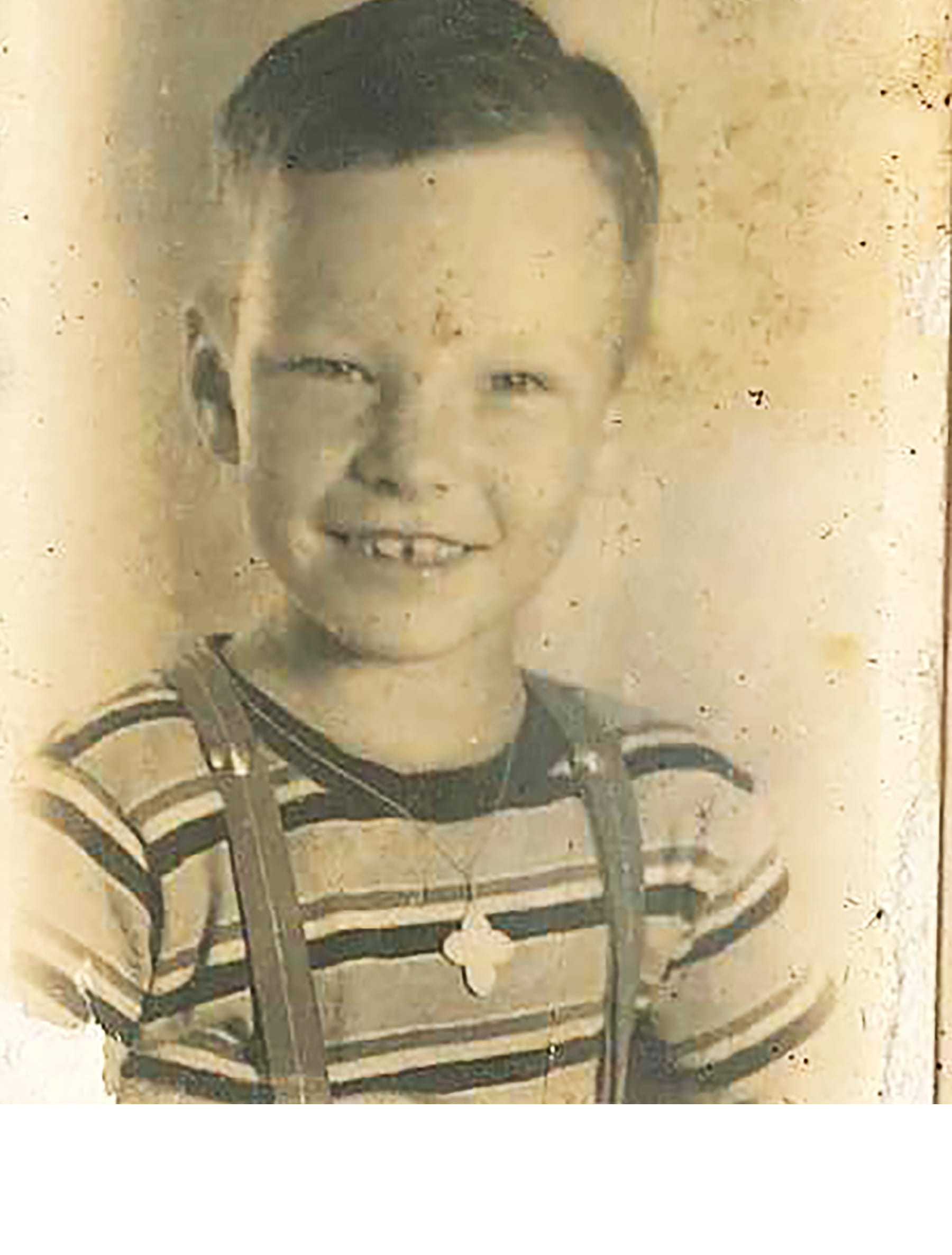Making sense of the hard luck and career of forgotten “Laredo Rose” songwriter Rich Minus isn’t easy. There are lots of gaps in the story of the enigmatic San Antonio native who for a time ran with hard-scrabble singer-songwriters Townes Van Zandt, Guy Clark and Blaze Foley, figures known as much for their drinking and gallows humor as their songs.
Minus – born Richard William Minus on December 10, 1940 and a member of the Texas Songwriters Music Legends Hall of Fame – died destitute in S.A. on June 29, 2016. He was 75. But his archives at The Wittliff Collections, donated by his heirs, offer new insights for researchers into one of Texas music’s most haunted, tragic figures. Much of the material amounts to Minus’ last worldly possessions, including his black hat, one of his guitars, his “Laredo Rose” guitar strap, awards, diaries, lyrics, legal documents, a lock of baby hair and rare photos. The Rich Minus Collection is currently being processed but portions are available for study at The Wittliff.
His most famous song was inspired by a newspaper account of border town prostitutes. Minus imagined his tarnished muse with a heart of gold and the scent of cheap perfume. The earliest recording of “Laredo Rose” was for Eagle Pennell’s film “The Whole Shootin’ Match” in 1978. The Texas Tornados included it on their debut album in 1990. But it is telling that Minus, who was a college graduate, was proud of other achievements beyond songwriting. One of his few possessions at the time of his death was a volume of “Who’ Who Among Students in American Universities and Colleges 1965-1966. His entry is near the bottom of page 508. Minus received his B.A. in International Relations and Economics from St. Mary’s University in 1966 and was a member of Phi Gamma Mu and other organizations. Minus also earned an M.A. from St. Mary’s University in International Relations and Economics and was accepted into a sociology PhD program at The University of Texas at Austin in 1967, pursuing that degree until 1972 when he decided to leave his doctorate studies to focus on his music.









